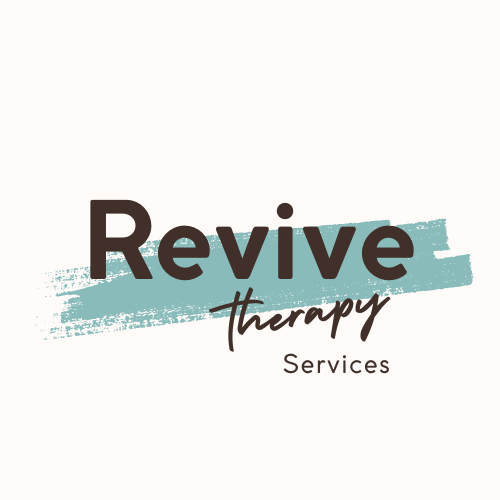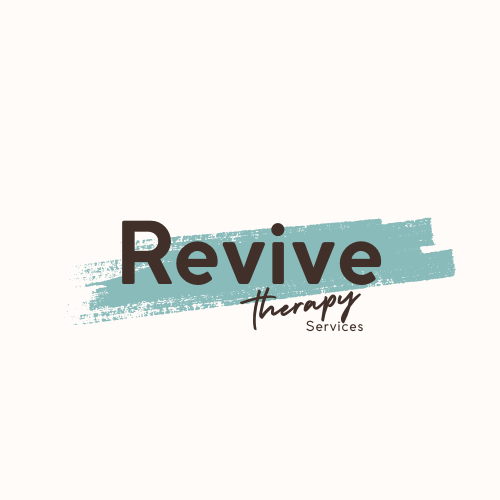Empowering Advocacy: 5 Tips on How to Advocate for Someone Who Has Suffered Medical Trauma
When a loved one goes through a medical trauma, it can be a life-altering experience that affects their physical and emotional well-being. As their advocate and supporter, your role is crucial in ensuring they receive the care and support they need. At Revive Therapy in Philadelphia, PA, we understand the significance of advocacy for individuals who have suffered medical trauma. In this in-depth and extensive blog post, we'll delve further into five key tips on effectively advocating for someone during their healing journey. Remember, your support and advocacy can make a significant difference in their recovery.
Educate Yourself:
To be an effective advocate, it's important to gather as much knowledge as possible about your loved one's medical condition, treatment options, and the impact of medical trauma. Research reputable sources, consult with healthcare professionals, and attend medical appointments with your loved one whenever possible. Understanding their situation will empower you to ask informed questions, seek appropriate support services, and make well-informed decisions together. By educating yourself, you can confidently navigate the complexities of medical information and effectively advocate for your loved one's needs.
Communicate Openly and Actively Listen:
Open and honest communication is the foundation of effective advocacy. Create a safe and non-judgmental space for your loved one to share their concerns, fears, and needs. Actively listen to their experiences and validate their emotions. Encourage them to express themselves freely, without the fear of being judged or dismissed. Ask open-ended questions to gain a deeper understanding of their perspective, and be attentive to their non-verbal cues. Active listening shows your loved one that you genuinely care and are committed to supporting them through their healing journey.
Collaborate with the Healthcare Team:
Establishing a collaborative relationship with your loved one's healthcare team is crucial for effective advocacy. Act as a liaison between your loved one and the medical professionals involved in their care. Maintain clear and open lines of communication with doctors, nurses, therapists, and other specialists. Attend medical appointments together, take detailed notes, and ask questions to ensure a comprehensive understanding of the treatment plan. Share relevant information about your loved one's experiences and any concerns they may have. By collaborating with the healthcare team, you can ensure that your loved one's needs are properly addressed and their recovery is optimized.
Empower Decision-Making:
Empowering your loved one to actively participate in their healthcare decisions is essential for their overall well-being. Encourage them to voice their preferences, concerns, and goals to the healthcare team. Assist them in gathering relevant information, understanding potential risks and benefits, and exploring available options. Support their autonomy by respecting their decisions, even if they differ from your own perspective. Encourage shared decision-making, where your loved one feels empowered to actively contribute to the choices made about their care. By empowering their decision-making, you help them regain a sense of control over their own health and foster a positive healing environment.
Provide Emotional Support:
Emotional support plays a significant role in the recovery process for someone who has suffered medical trauma. Be a compassionate presence in their life, offering empathy, understanding, and encouragement. Validate their feelings and experiences, allowing them to express their emotions without judgment. Offer reassurance and remind them of their strength and resilience. Be attentive to their mental health and emotional well-being, and encourage them to seek professional support, such as therapy or counseling, if needed. Your unwavering emotional support can have a profound impact on their healing journey, helping them navigate the emotional challenges and find the strength to move forward.
Remember, advocating for your loved one is a powerful role, and you don't have to do it alone. Contact Revive Therapy today to schedule a consultation and explore how we can support you in advocating for your loved one who has experienced medical trauma. Together, we can make a difference in their healing journey and help them reclaim their well-being.
Learn More About Advocating for Yourself or a Loved One Who Has Suffered Medical Trauma in Therapy for Medical Trauma in Philadelphia, PA
If you have a loved one who has experienced medical trauma, remember that your support and advocacy can make a significant difference in their recovery. At Revive Therapy in Philadelphia, PA, we understand the importance of advocating for individuals who have suffered medical trauma. Take the first step towards empowering their healing journey by reaching out to us.
Our dedicated team is here to provide you with the guidance and resources you need to effectively advocate for your loved one. Through education, open communication, collaboration with the healthcare team, empowerment of decision-making, and providing emotional support, you can make a positive impact on their recovery.
Follow the steps below to get started on your own healing path.
Read Our FAQ to answer any questions you may have.
Reach out via our convenient online contact form
Begin your journey to healing
Other Services at Revive Therapy
Getting therapy support is perfectly OK! You deserve a space to talk through life events that may be holding you back. Whether this is your first time in therapy or you’ve been here before, I am here to help you process, work through, and move toward your goals in a healthy and sustainable way. If you’re looking for other services at Revive Therapy in Pennsylvania, I offer other services. This includes Eating disorder treatment, body image issues, binge eating, and more. I offer support with EMDR therapy if you’re in need of more specialized support. Additionally, all services are offered via online therapy in Pennsylvania. When you’re ready for support. Call now!


